
While the skies over the UK are busier than ever with drones, the professional landscape for drone pilots has become fiercely competitive.
The initial "gold rush" has passed, and the market for simple aerial photography is now saturated, largely due to the accessibility of high-quality consumer drones.
For licensed professionals, success is no longer just about flying; it's about moving beyond piloting to become a specialist in high-value data acquisition and delivering actionable insights that clients can depend on.
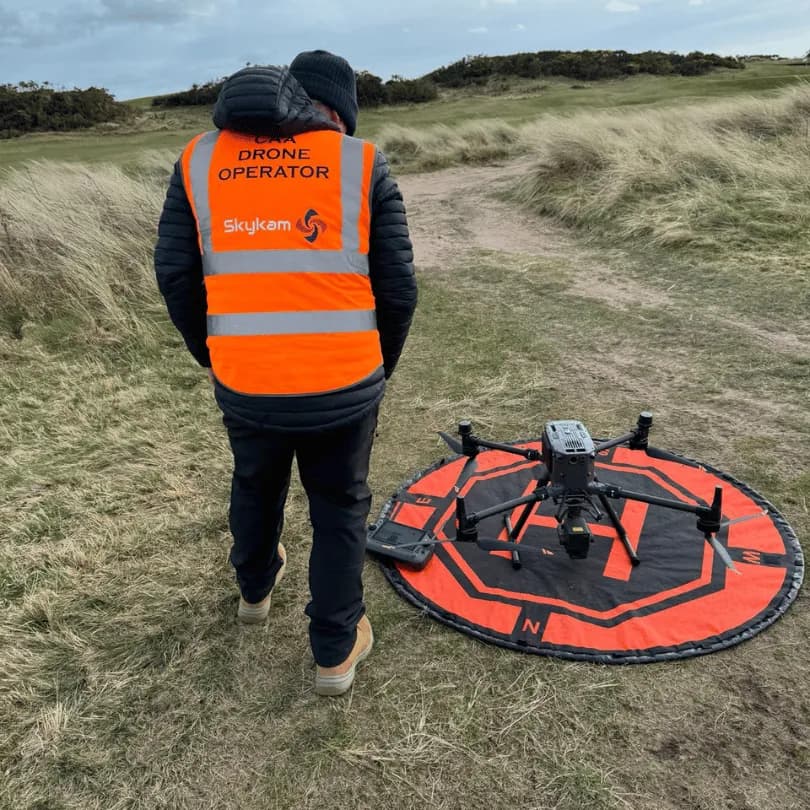
30 Second Summary
- The market for basic aerial photography is heavily saturated, with hobbyists using prosumer drones undercutting prices for licensed professionals.
- Large energy, construction, and infrastructure companies are increasingly moving drone operations in-house, shifting the freelance market towards specialized, short-term contracts.
- The primary driver of high-value work is no longer the drone itself, but the advanced datasets from specialized sensors like thermal, multispectral, and LiDAR.
- To succeed, you must market yourself as a data solutions provider who uses a drone as a tool, not just as a drone pilot for hire.
- We recommend joining a private drone co-operative network like HireDronePilot
UK industries such as construction, surveying, and media actively hire drone pilots
Several UK industries have embraced drone technology, but their needs have evolved. While opportunities exist, clients are now far more discerning.
For basic tasks like a simple drone roof inspection or marketing video, many companies are either using cheaper, non-specialist drone operators or bringing the work in-house. The real demand for external professionals is now in tasks that require quantifiable data and specialist interpretation.
Industry | Evolved Drone Applications | Key Skills / Qualifications | Primary Work Type |
|---|---|---|---|
Construction & Surveying | Volumetric calculations, LiDAR point clouds, thermal inspections | GVC, Photogrammetry, LiDAR, Data processing | Staff & Specialist Freelance |
Media & Film | High-end cinematography, complex FPV sequences | Advanced camera control, FPV piloting, post-production | Mostly Specialist Freelance |
Agriculture | Multispectral crop analysis for yield optimisation | Thermal imaging, multispectral data analysis, GIS | Staff & Specialist Freelance |
Energy & Utilities | OGI gas leak detection, thermal cell inspection | Thermal certifications (e.g., ITC Level 1), OGI training | Specialist Freelance & In-House |
The surveying sector still needs drone pilots, but they're hiring experts who can deliver centimetre-accurate point clouds, not just aerial photos. Likewise, media productions might use a generalist for a simple establishing shot, but for a dynamic FPV sequence, they'll hire a dedicated specialist.
The value has shifted from the act of flying to the quality of the end product.
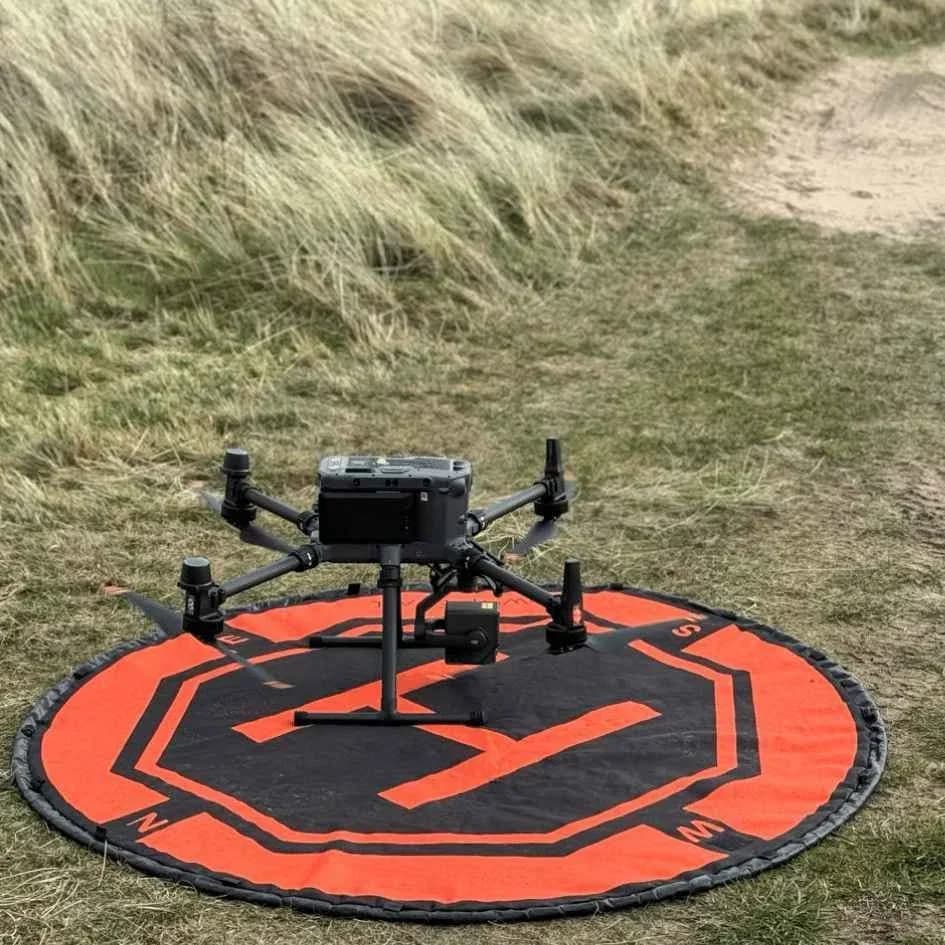
Demand for drone pilots has steadily increased over the past few years
The statement that the drone pilot job market has grown is true, but it's crucial to understand what that growth looks like on the ground.
The surge in demand has been matched, if not exceeded, by a surge in the number of drone pilots. The widespread availability of capable, sub-250g drones has empowered a wave of hobbyists to enter the low-end of the market, driving down prices for simple photography and videography.
This has created a two-tier system. The low end is a volume game with tight margins, while the high end is where skilled operators with specialized equipment can command premium rates.
The pandemic did accelerate the adoption of drones for contactless inspections, but it also pushed more people to explore drone piloting as a career, intensifying the competition.
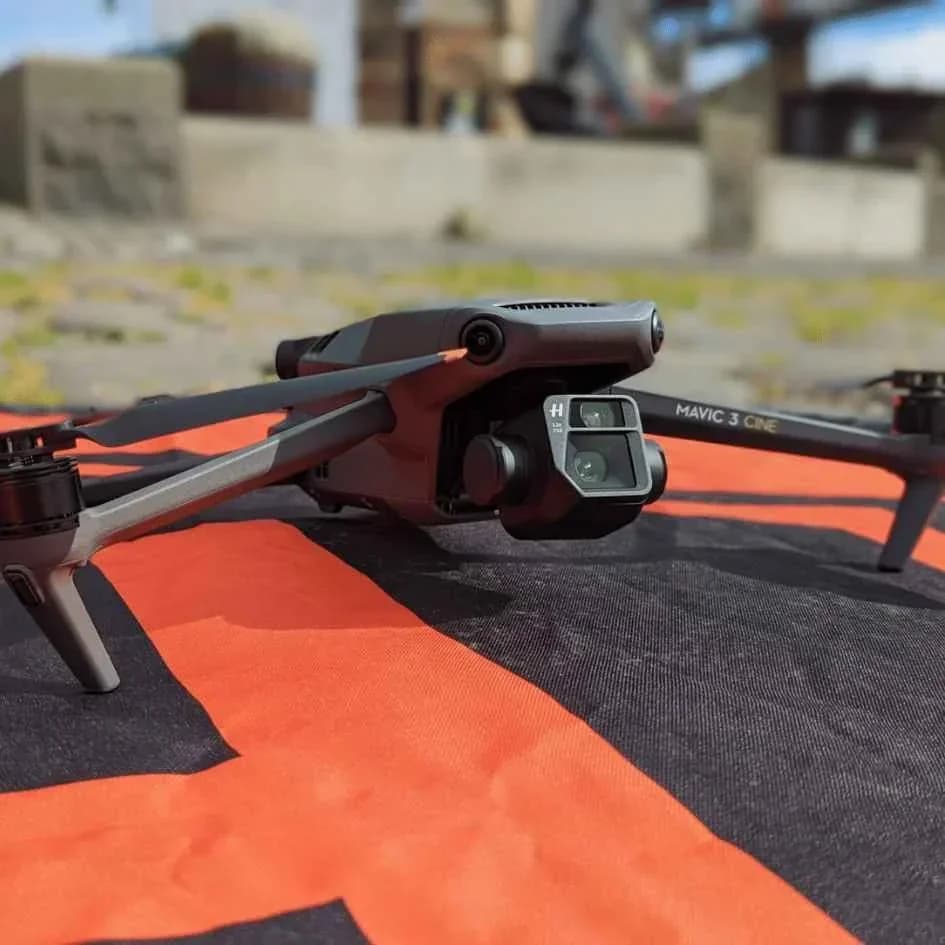
Updated drone regulations have created more opportunities for licensed operators
While regulatory changes like the GVC have established a clear professional standard, it's now seen by clients as the bare minimum requirement. Holding a GVC doesn't make you stand out; it simply gets you in the door.
The Drone and Model Aircraft Registration System (DMARES) has also done little to thin out the competition.
In reality, it's a ten-minute, open-book online test that many casual drone users don't even bother to complete. The idea that these regulations have weeded out casual operators is a myth.
The true benefit of the new rules is for the specialist. Being able to operate legally in congested areas is a significant advantage, but only if you are offering a service that is needed in those environments, such as detailed facade inspections or complex urban mapping projects.
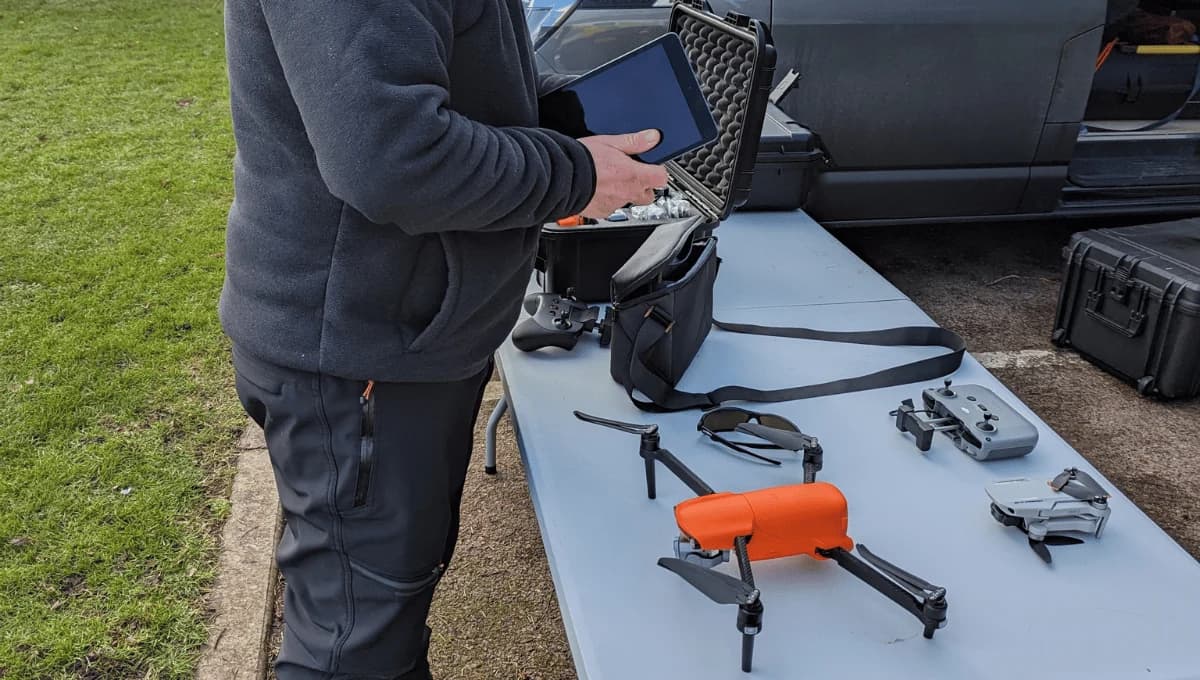
Freelance drone pilots can find consistent work across various sectors
While many industries use freelance drone pilots, it's a mistake to think that consistent work is easy to find.
The reality is that the most common freelance jobs, especially in real estate and basic event coverage, are now heavily oversaturated. When you're competing against a dozen other drone operators in your area for the same property shoot, prices are driven down, making it difficult to build a sustainable business.
Finding consistent, well-paid work as a freelancer now means moving beyond these crowded markets. You must offer a service that the average drone pilot can't. Building a diverse portfolio is less important than building a deep, specialized one that solves a specific, high-value problem for a niche client base.
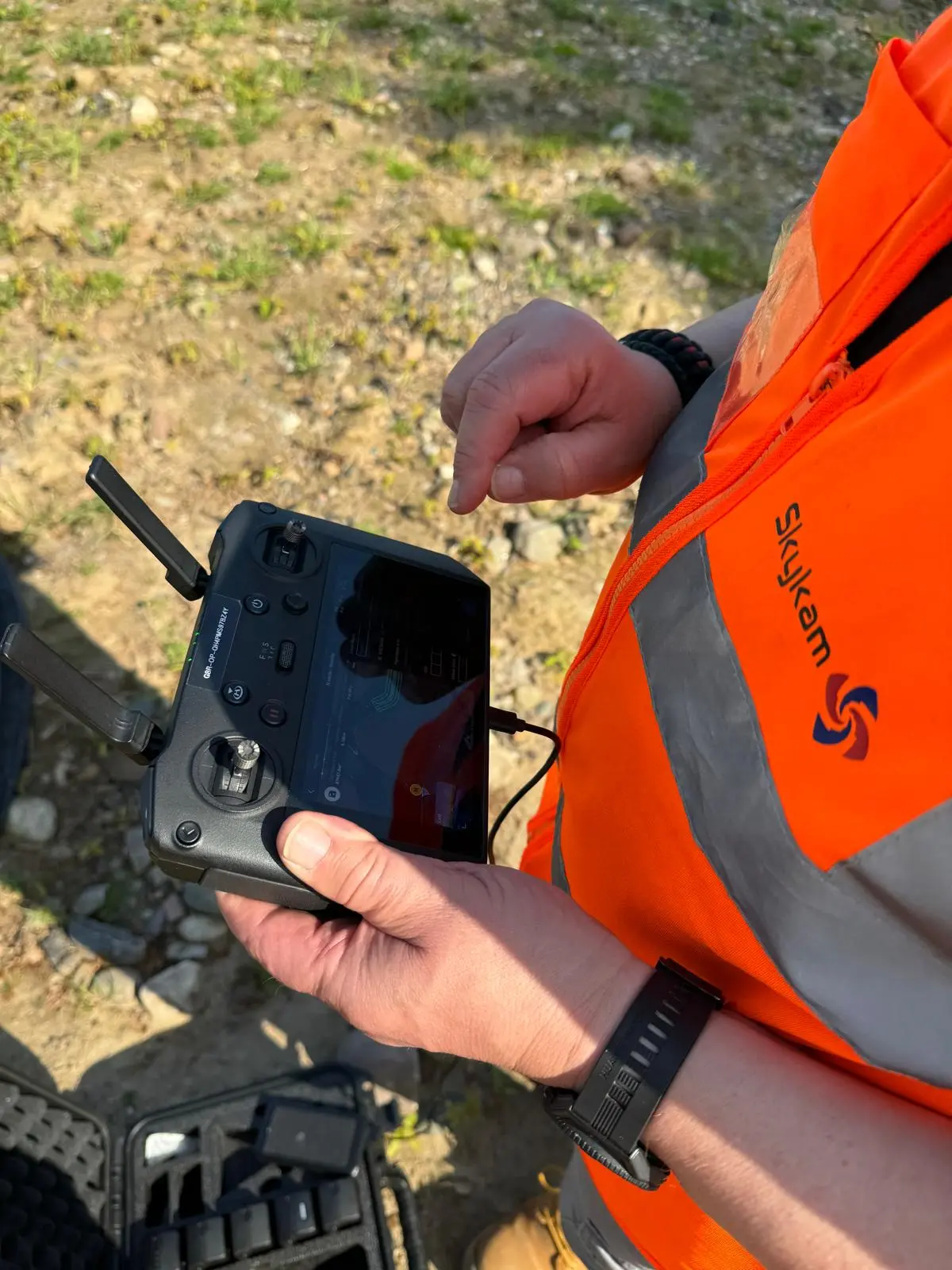
Advanced qualifications significantly improve a drone pilot’s job prospects.
This is the most critical point for any aspiring drone professional today. Your GVC is your license to fly, but your advanced qualifications are your license to earn a serious living.
The drone is just the tool; the value is in the data you can gather and, more importantly, interpret.
Companies looking for high-end data are not hiring a "pilot"; they are hiring a remote sensing expert, a thermographer, or a surveyor. They expect you to have complementary skills in data analysis, report generation, and an understanding of their industry's software.
Investing in certifications for photogrammetry, thermal imaging, or LiDAR processing will provide a far greater return than simply buying the latest drone model.
Where the Drone Industry Will Go From Here
Looking ahead, the trend of specialization will only intensify as large energy and survey companies continue to bring their drone operations in-house. This shift is driven by a simple, powerful logic, best summed up by the old line from the film Armageddon: it's easier to teach an astronaut to drill than it is to teach a driller to be an astronaut.
The same principle applies directly to our industry. It's far easier and more cost-effective for a survey company to send their experienced surveyors on a three-day GVC course than it is to train a drone pilot in the complex science of cartography and geodesy to deliver accurate surveying.
Clients in these technical fields aren't buying your piloting skills; they're buying a guaranteed dataset. A surveyor who can fly a drone offers a complete package – they understand the mission requirements and how to deliver a dataset that is accurate and integrates seamlessly into their workflows. For a freelance drone pilot, this means simply offering to fly the mission is no longer enough.
Frequently Asked Questions
What Is the Average Salary for Drone Pilots in the UK?
You'll find the average salary for drone pilots in the UK ranges from £25,000 to £45,000 annually, depending on your experience and specialization. Entry-level positions typically start around £20,000, while experienced pilots working in specialized sectors like surveying, filmmaking, or industrial inspection can earn upwards of £60,000. Your earnings will increase significantly if you develop niche expertise or operate your own drone business.
How Long Does It Take to Become a Qualified Drone Pilot?
You can become a qualified drone pilot in the UK in as little as 4-5 days through an intensive GVC (General Visual Line of Sight Certificate) course. However, most pilots take 2-4 weeks to complete their training and assessments. After passing your theory test and practical flight assessment, you'll need to register with the CAA, which typically processes applications within 5-10 working days.
Do I Need Insurance to Work as a Drone Pilot?
Yes, you absolutely need insurance to work as a drone pilot in the UK. Professional indemnity and public liability insurance are essential as they protect you from claims related to property damage, injuries, or professional errors. Most clients won't hire you without proper coverage, and it's considered industry standard. Some drone associations offer insurance packages specifically designed for commercial drone operators, which you should definitely consider investing in.
Which UK Regions Have the Highest Demand for Drone Pilots?
London and the Southeast lead the UK's drone pilot demand due to construction density and media production. The Midlands follows with its manufacturing and infrastructure projects. Scotland's remote areas need pilots for surveying and inspection work. Northern regions are growing for agricultural applications, while coastal areas seek pilots for environmental monitoring. Check industry job boards and networking groups in these regions for opportunities.
What Drone Models Are Most Commonly Used in Professional Settings?
In professional settings, you'll commonly find the DJI Mavic 3 Enterprise, Phantom 4 RTK, and Matrice 300 RTK for surveying and inspection work. The Autel EVO II Pro and Skydio 2+ are favored for their obstacle avoidance capabilities. For cinematography, the DJI Inspire 3 and FPV drones dominate. Heavy-lift models like FreeFly Alta X are used when carrying professional cameras, while specialized agricultural drones include the DJI Agras T40.
Conclusion
In a saturated UK drone market, success is no longer about just being a licensed pilot—it's about being the right specialist for the job. As this article has shown, the real opportunities lie with experts who can deliver high-value data, not just aerial photos. This is precisely the problem HireDronePilot solves. We connect businesses with a network of professionals holding the specific certifications you need, whether it's for thermal imaging, LiDAR mapping, or advanced cinematography.
As the UK's premier managed marketplace, HireDronePilot is dedicated to connecting businesses with verified professional drone pilots for hire. We streamline drone services through competitive bidding, ensuring quality, compliance, and value for every aerial project across the United Kingdom.
Don't just look for a general drone pilot; find the certified expert your project demands. Visit https://hiredronepilot.uk/ to post your job and get competitive quotes from top-tier specialists today.
About the Author

Written by
Peter Leslie
Peter Leslie is a CAA-approved commercial drone pilot with 10+ years experience and over 10,000 flight hours. He holds the GVC and A2 CofC drone licences with full CAA Operational Authorisation. Peter is a member of ARPAS-UK, the UK's non-profit trade association for the drone industry. He founded HireDronePilot to connect UK businesses with qualified, insured drone operators.
Looking for More Drone Work?
Join the UK's leading network of professional drone pilots and grow your business.
Open Access
Bid on any job - all jobs open to all pilots
Grow Revenue
Access high-value commercial projects
Stay Busy
Fill your schedule with regular work
Related Articles
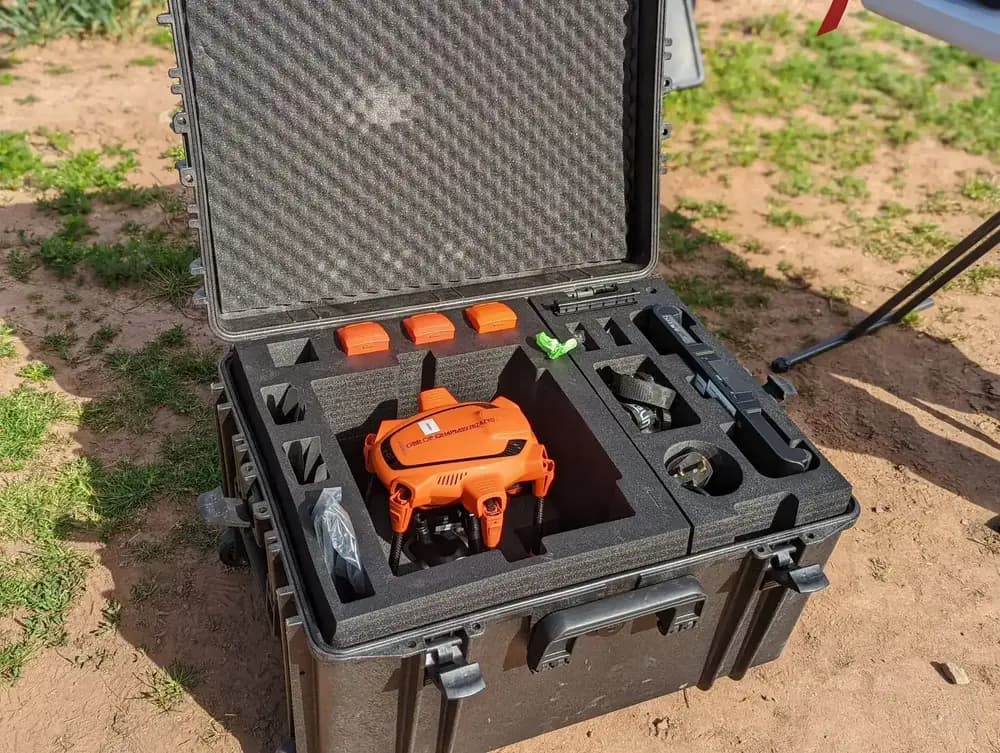
Our Drone Survey Service In Stirling, Scotland
Bringing you Stirling drone survey data from areas no one else can fly.

How Much Does A Drone LiDAR Survey Cost
Forecasting your drone LiDAR survey cost requires understanding what's hidden beyond the initial quote.
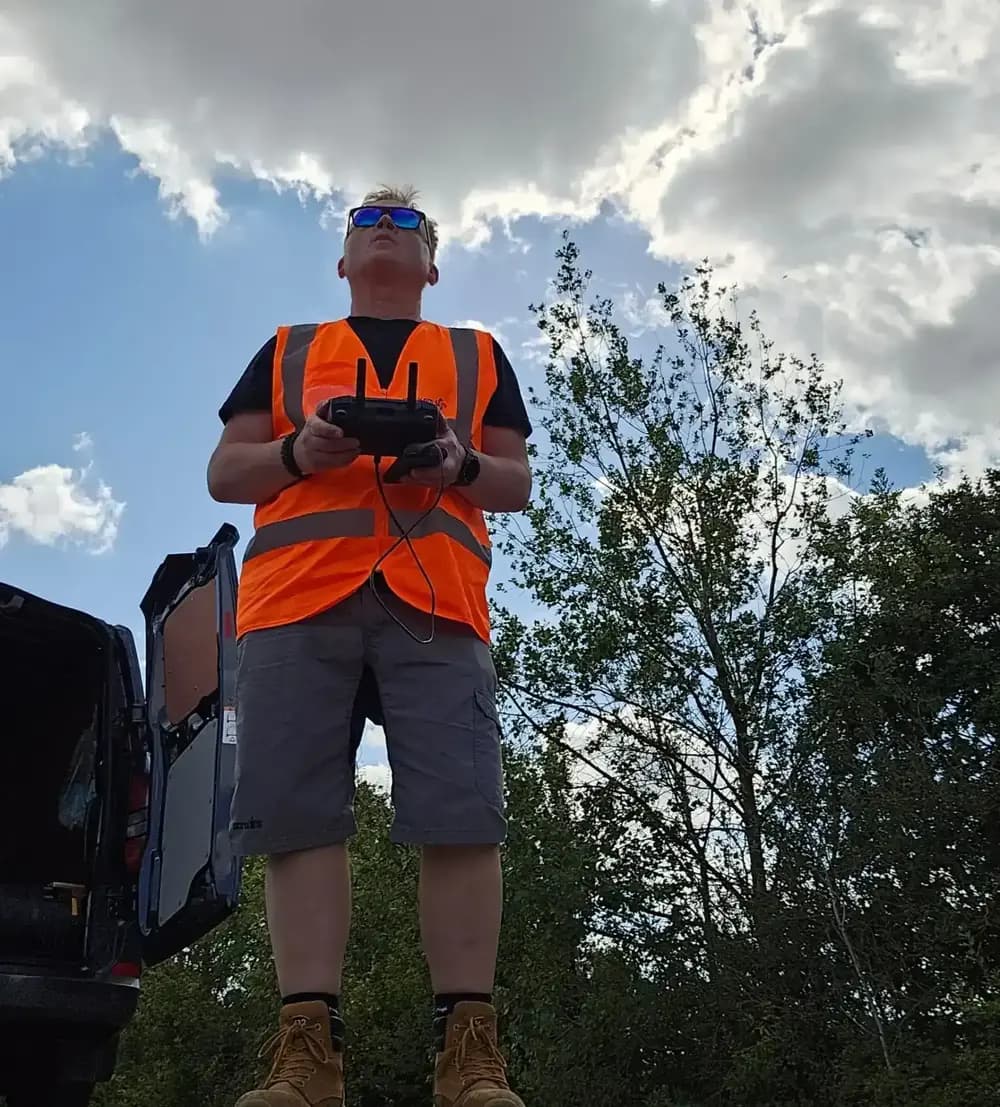
Step By Step Process Of Drone LiDAR Survey
Next, discover the crucial post-flight steps that determine your survey's success.